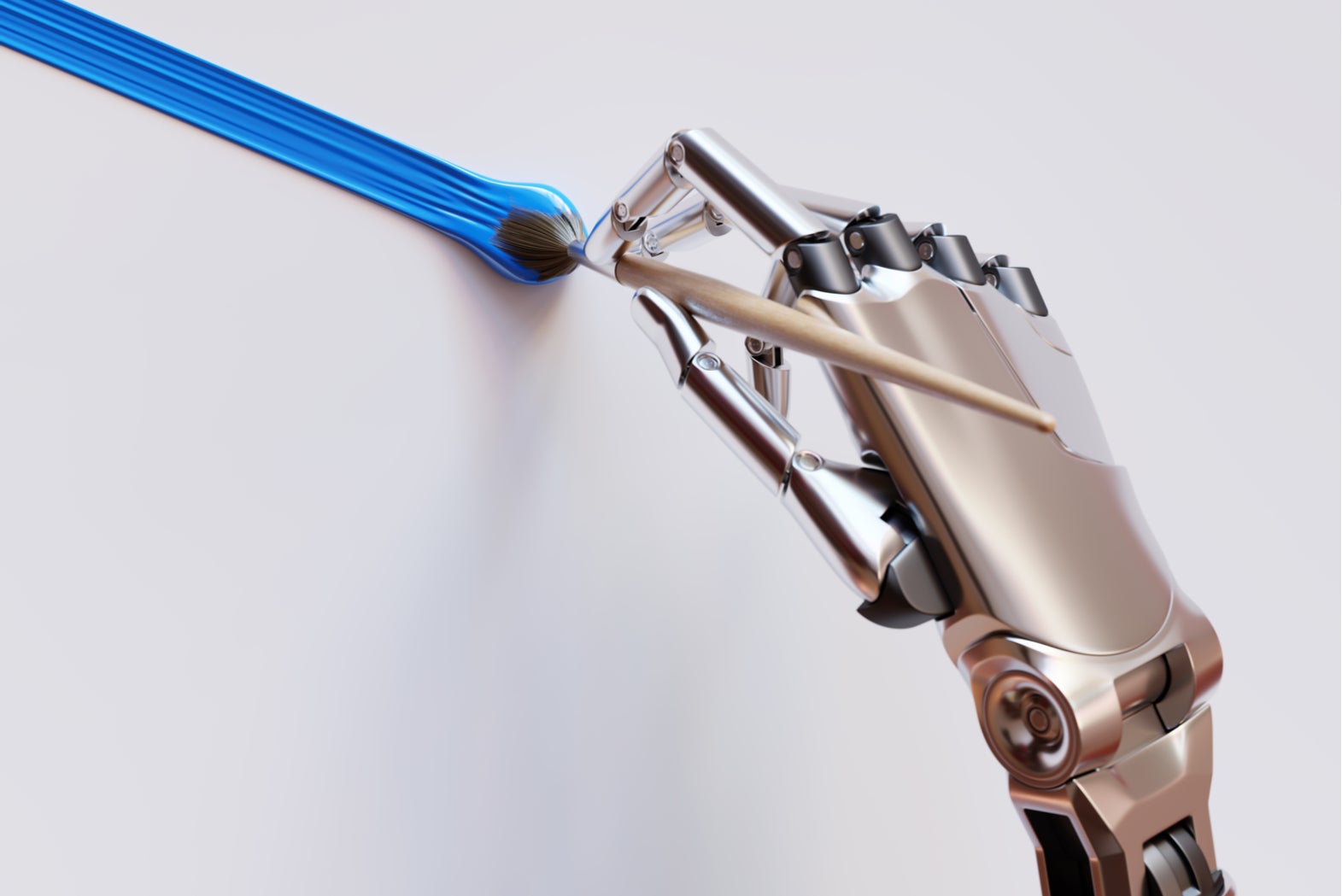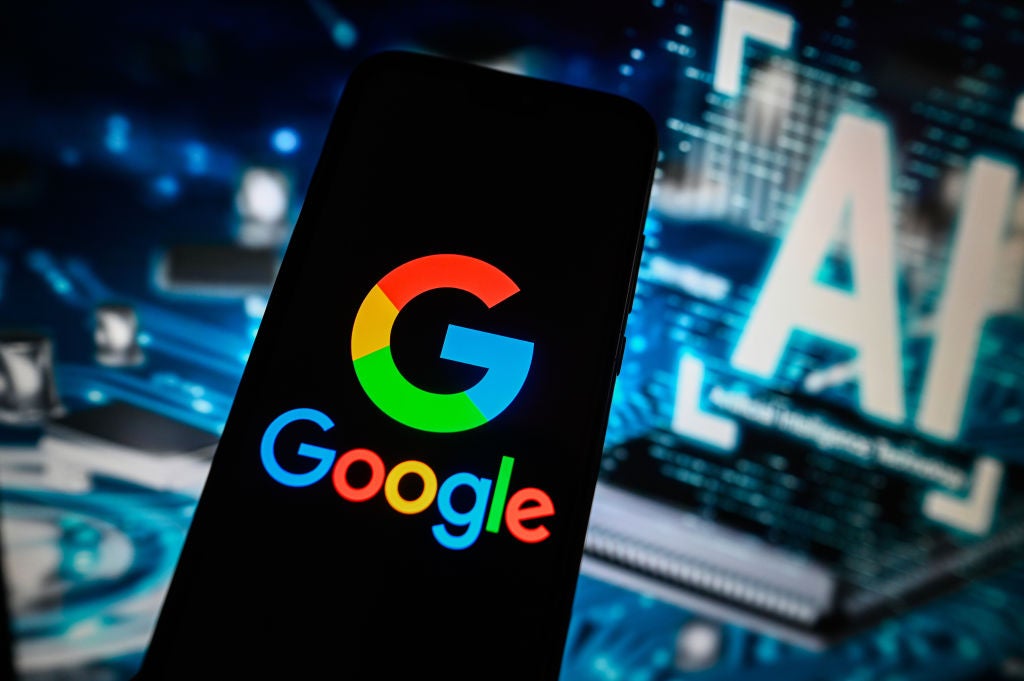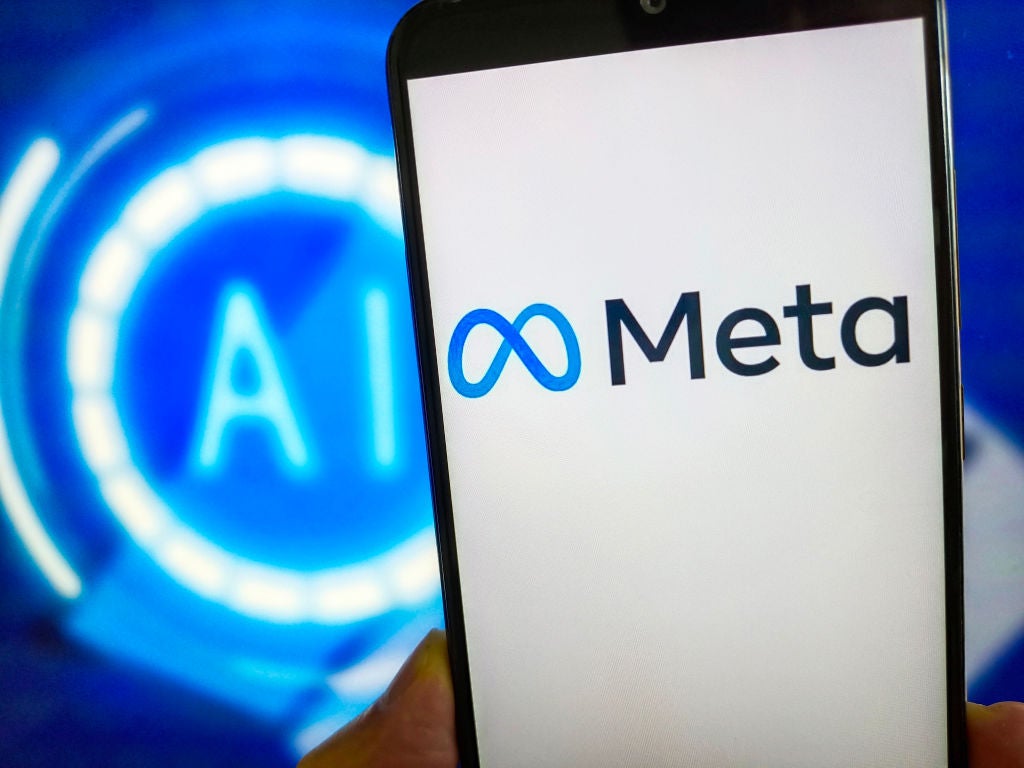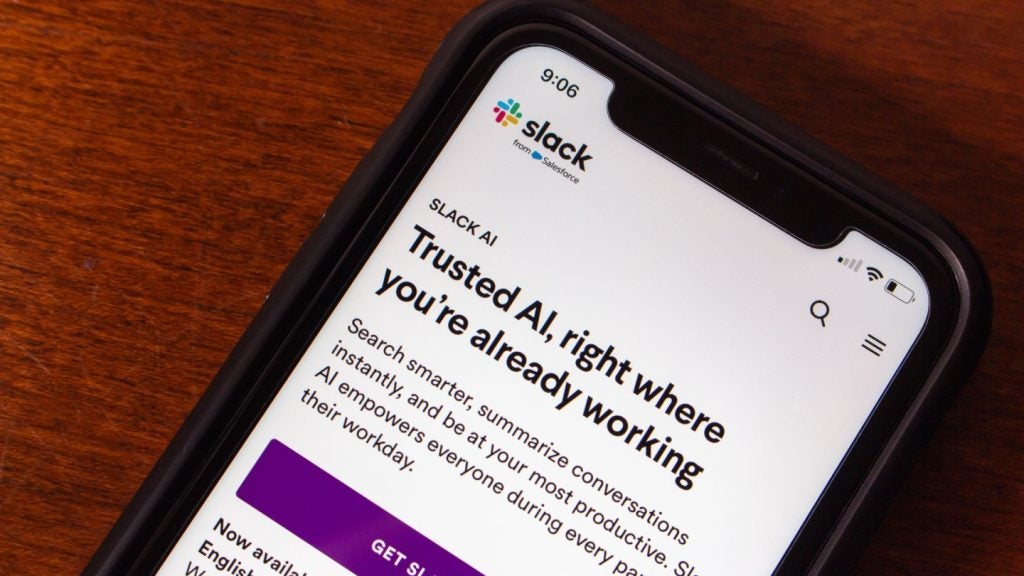
Researchers from the University of Surrey have teamed up with US artificial intelligence company Dabus to file patents in an AI system’s name, but the idea of recognising AI as an inventor has received mixed response from the industry.
Patent offices currently insist that new inventions are attributed to a human inventor. While a business can own a patent, it cannot be listed the inventor of the patented innovation.
The researchers believe that patent offices are unlikely to assign intellectual property rights to an AI due to these rules, which they believe are “outdated”.
Dabus AI has previously invented an interlocking food container, which can be fitted together to make transportation safer, and is also easier for robotic arms to lift. Likewise, it also created a flashing lamp that mimics neural activity, flickering in a rhythm that is difficult for humans to ignore.
The researchers have applied for patents for these inventions with the relevant authorities in the United Kingdom, Europe and the US.
An unnecessarily opened can of worms
Peter van der Putten, assistant professor of machine learning and creative research at Leiden University, and director of AI solutions at Pegasystems, believes that computers “can play an active role in invention”. However, granting a patent to an AI system isn’t as simple as granting a patent to an AI system.
How well do you really know your competitors?
Access the most comprehensive Company Profiles on the market, powered by GlobalData. Save hours of research. Gain competitive edge.

Thank you!
Your download email will arrive shortly
Not ready to buy yet? Download a free sample
We are confident about the unique quality of our Company Profiles. However, we want you to make the most beneficial decision for your business, so we offer a free sample that you can download by submitting the below form
By GlobalData“Personally I think this idea of a piece of AI owning a patent opens up a whole can of worms,” Van der Putten told Verdict. “For example, who owns the computer program itself? What if it is a piece of open source software?
“And of course people have been using tools for ages when doing invention, without the urgent need to change the patent filing rules.”
That raises further questions over what exactly AI is in its current form. While these systems appear to be capable of invention, we are still some way off of achieving artificial general intelligence, where machines are capable of thinking, learning and creating like a human does.
The Dabus AI system relies on machine learning, where vast amounts of data are analysed to recognise patterns and make decisions with little need for human intervention. However, these systems still require the right kind of data in order to come up with something similar, as well as a human to verify and refine the outcome.
Adtech firm GumGum recently ran a test to see whether an AI system – Cloudpainter – was capable of creating a convincing piece of art based on a collection of 20-century American abstract expressionist paintings. Five human artists were also commissioned to create their own piece based on the same dataset. While the AI was able to mimic the dataset provided, GumGum concluded that it was incapable of creating something truly original.
“The results were convincing – but the painting was simply a mimicry of something a human had already created, and came from no place of originality,” Peter Wallace, commercial director of GumGum Europe, told Verdict.
“While it makes sense for humans to rely on machines for set and forget processes, when it comes to actual ideas, people still need to be there to chart the course and tighten the reigns, retaining big picture decisions and refining results to get a desired outcome.”
The view of those in charge
According to Peter Finnie, a partner at intellectual property law firm Gill Jennings and Every, patent offices would likely take a similar view when deciding whether an invention can be attributed to an AI system.
“In my experience, the AI engine cannot be considered an inventor and it certainly wouldn’t be considered one as such in the eyes of the USPTO (United States Patent and Trademark Office) and the EPO (European Patent Office),” Finnie told Verdict.
“Computers don’t make predictions and provide insight in the way we like to think they do. For the foreseeable future at least, you will need a human to interpret and put together what the machine spits out – which is why AI and ML can currently only be considered tools.”
The European Commission, those in charge of making the rules, would likely agree.
In April this year, with the help of experts in the field, the EC published its ethics guidelines for those developing AI technology. The guidelines outlined seven essential requirements that “trustworthy AI” should include. These are:
- Human agency and oversight
- Robustness and safety
- Privacy and data governance
- Transparency
- Diversity, non-discrimination and fairness
- Societal and environmental well-being
- Accountability
According to Joe Michael, principal technology evangelist at AI company IPsoft, deciding to issue a patent to an AI system could raise ethical concerns, particularly around accountability.
The EC guidelines state that developers must put in mechanisms that ensure responsibility and accountability for the outcomes generated by their systems.
“As such, those working with the AI program should be accountable of understanding the process by-which the AI’s decisions were made and their outcome, which in this case is the invention,” Michael explained.
“I’d argue that by holding accountability for the program’s decisions, so too can its owners be credited with its outcomes. If, however, we want to start saying that the AI is responsible for the decision and the patent is then issued accordingly, it make add greater complexities to accountability for the program and its inventions – particularly should anything go wrong.”
Something to think about
AI may lack the creative mind of a human inventor now, but if the technology continues to advance at its current rate, experts predict that artificial general intelligence will be achieved within the next few decades.
A recent analysis conducted by digital transformation service provider NEORIS estimated that machines will have human-level intelligence by 2040.
Given the rate of AI advancement, Toni Nijm, chief strategy officer for CPA Global, believes that we must address the necessary changes that need to be made to current IP systems in order to avoid inevitably running into complex issues further down the line.
“The idea of robots performing creative and intellectual tasks to produce new inventions may sound futuristic but it’s already a reality, so we’re going to have to get to grips with the tough questions over inventor robots,” Nijm told Verdict.
“In order to avoid complex legal dilemmas, today’s IP systems assign inventions to their respective human inventors but as the number of robot-derived inventions increases, these systems are going to become increasingly problematic.
“With AI already writing music, creating art and proposing simple inventions, we’re seeing the dawn of a new age – one where we won’t be looking to the likes of Nikola Tesla or James Dyson to drive innovation, but to robotic AI systems.”
Read more: AI translation advances are now posing a risk to jobs






